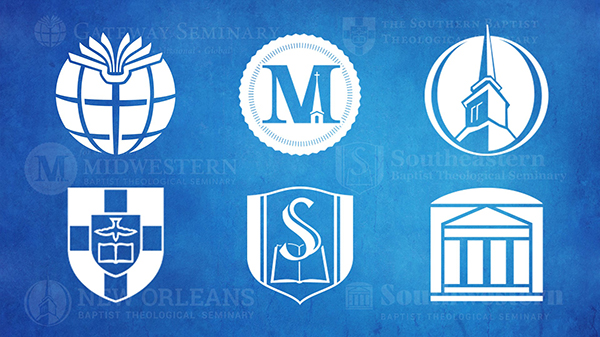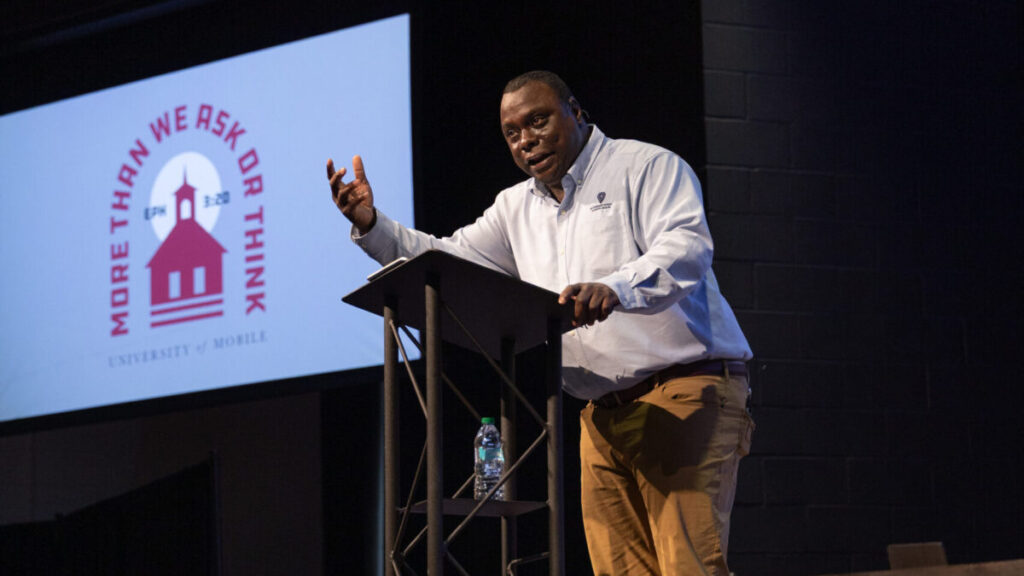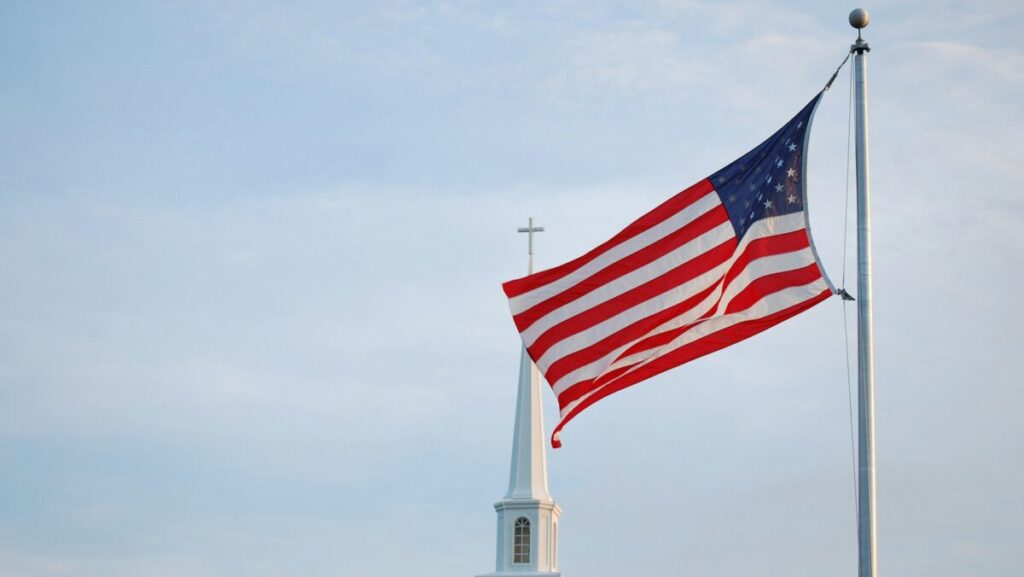In recognition of the 20th anniversary of the adoption of the Baptist Faith and Message 2000, the Council of Seminary Presidents of the Southern Baptist Convention has reaffirmed the BFM’s status “as the doctrinal statement that unites and defines Southern Baptist cooperation and establishes the confessional unity of our Convention.”
In a statement adopted in the council’s annual session, the seminary presidents assert that as “confessional institutions,” the SBC’s six seminaries stand “together in this classic statement of biblical truth.” Additionally, the statement declares that while condemning “racism in any form,” the seminaries agree that “affirmation of Critical Race Theory, Intersectionality and any version of Critical Theory is incompatible with the Baptist Faith & Message.”
Danny Akin, president of Southeastern Baptist Theological Seminary and current chairman of the Council of Seminary Presidents, said those specific issues were addressed in light of concerns raised by Southern Baptists, including resolutions on the topic adopted by several state conventions at their annual meetings this fall.
“We felt that because our brothers and sisters in various state conventions have concern about this issue, they would also want to know what their seminaries actually think, and what we are teaching and not teaching,” Akin said.
‘Sacred commitment’
The statement noted that SBC seminary professors “must agree to teach in accordance with and not contrary to the Baptist Faith & Message,” adding: “This is our sacred commitment and privilege, and every individual faculty member and trustee of our institutions shares this commitment. We are thankful for the theological commitments of the Southern Baptist Convention, standing against the tide of theological compromise and in the face of an increasingly hostile secular culture.”
In separate comments, the presidents of the other SBC seminaries endorsed the statement. Adam W. Greenway, president of Southwestern Baptist Theological Seminary, said it “reflects Southwestern Seminary’s confessional commitments and our unfaltering cooperation with the Southern Baptist Convention of churches.”
R. Albert Mohler, president of Southern Baptist Theological Seminary, said the statement was addressed “to the entire Southern Baptist Convention.”
“We have great confidence in the Southern Baptist Convention, as a movement of churches, to work together as we seek to be ever more faithful to Christ with every passing year,” Mohler said.
Akin noted: “This is not a statement for fringe groups. This is for the regular, faithful Southern Baptists who love us and make it possible for us to do what we do.”
SBC President J.D. Greear affirmed the statement as well. Greear, pastor of The Summit Church in the Raleigh-Durham, N.C., area, decried “outlandish claims, out-of-context sermons or teaching clips, along with outright lies, (which) have been used to attack people and undermine the Great Commission work of our Convention, its entities, state conventions, and churches.”
“As this statement demonstrates, our convention leaders affirm without reservation not only our historic Baptist theological confessions, but also a biblical view of justice, which I also affirm and applaud,” Greear said. “While we lament the painful legacy that racism and discrimination have left in our country and remain committed to fighting it in every form, we also declare that ideological frameworks like Critical Race Theory are incompatible with the BFM. The Gospel gives a better answer.”
The statement was, however, not without critics outside the SBC. Jemar Tisby, author of “The Color of Compromise: The Truth About the American Church’s Complicity in Racism,” said such statements make it unlikely that the SBC’s attempts to attract more black churchgoers will succeed.
“The fallout is happening already, but it will become much more apparent in the years to come,” Tisby said.
Tisby said he didn’t think the seminary presidents were racist.
“These men in their intentions are not racist,” he said. “But the impact of the statement is to put all the energy and focus behind critiquing efforts at racial justice, when the energy should be put toward rooting out the racism in their midst.”
Reprinted from Baptist Press (www.baptistpress.com), news service of the Southern Baptist Convention, with additional comments from Religion News Service.






Share with others: